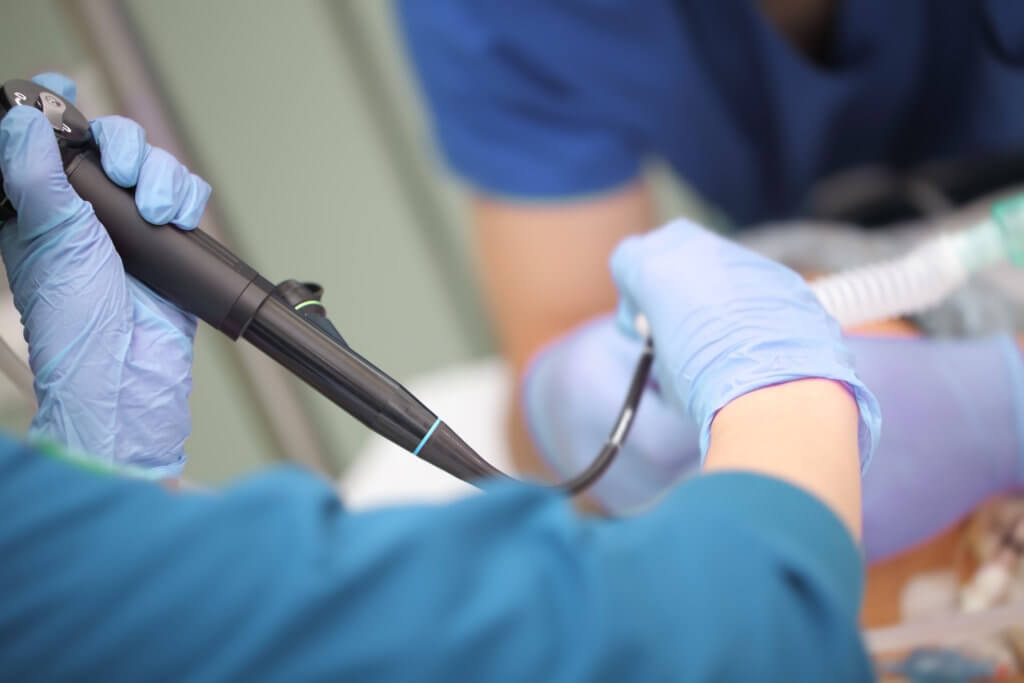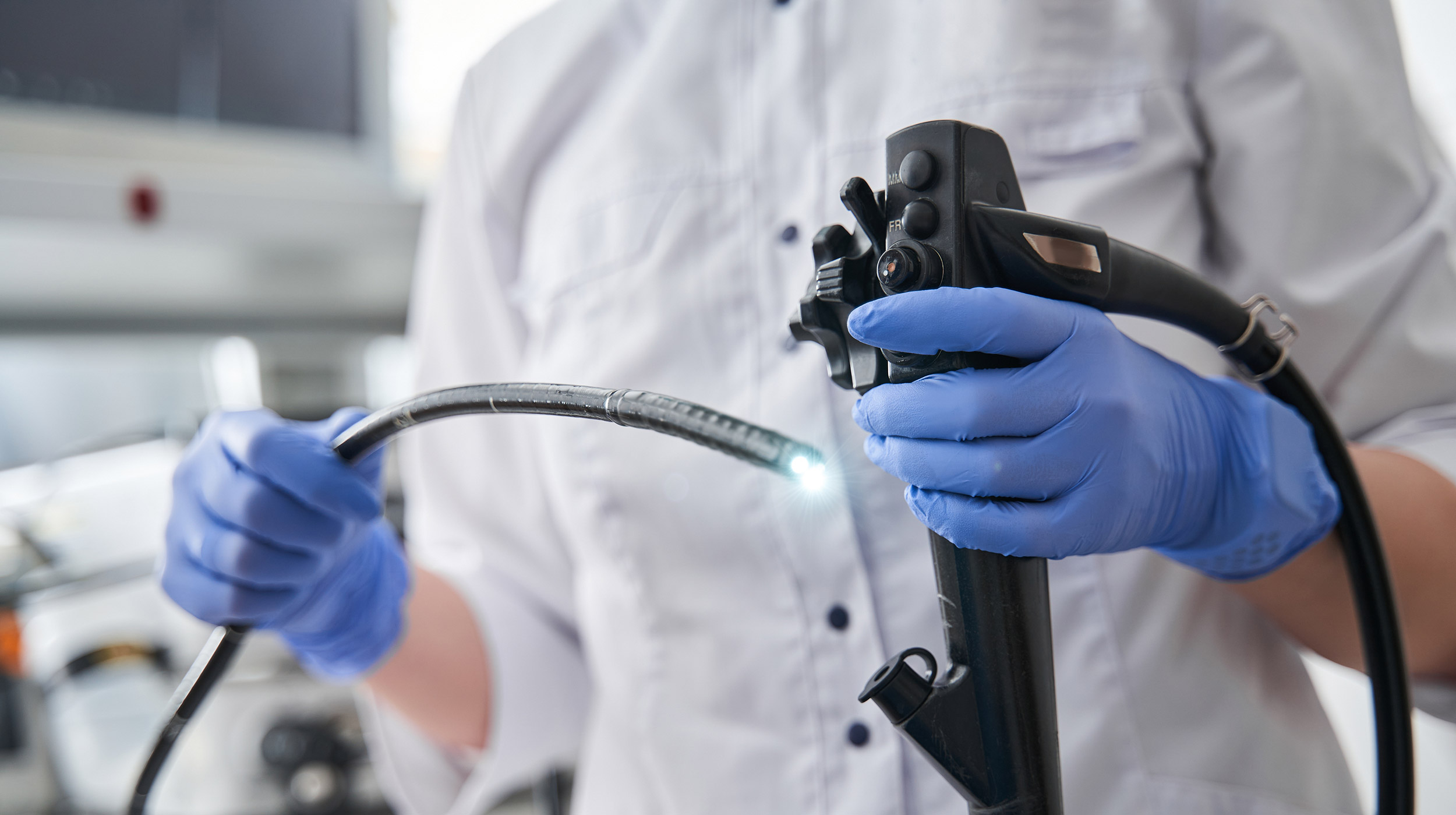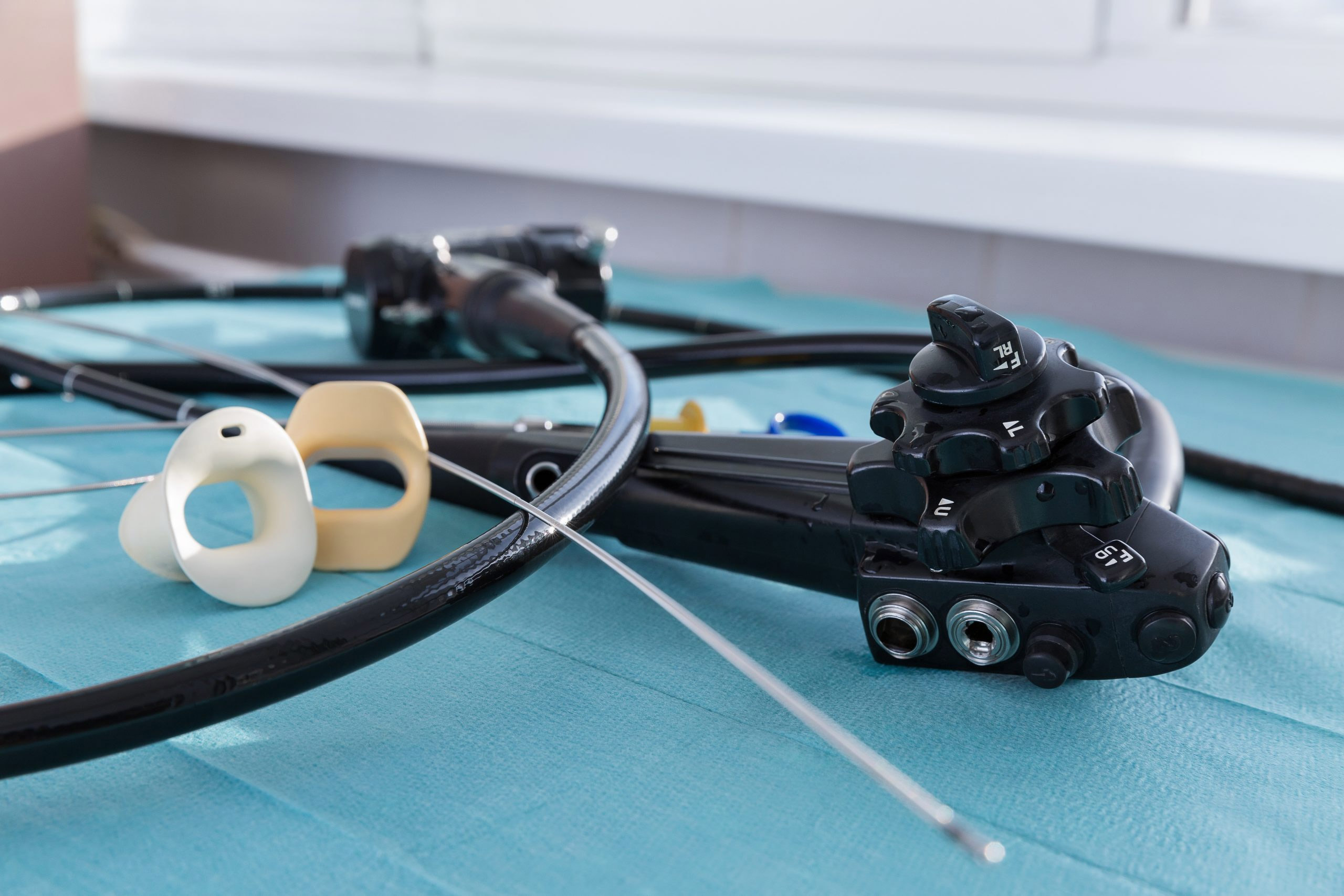
Patients with non-muscle invasive bladder cancer (NMIBC) receiving full intravesical therapy decreased by 5.9 percent due to a shortage of bacillus Calmette Guerin (BCG) and as more expensive and less impactful alternative treatments increased, according to a recent study.
The study's findings are pending approval but were recently published in the Urology Gold Journal, which examined changes in treatment patterns for NMIBC before and during the BCG drug shortage.
A Global Drug Shortage Crisis
The U.S. Food and Drug Administration halted the production of strains of BCG coming into the U.S. from a plant in Toronto, Canada, in 2012 due to fungal contamination, creating a global drug shortage crisis.
BCG is a biologic immunomodulator (a class of medication that targets a disease-causing mechanism) obtained from mycobacterium bovis, a bacteria that causes tuberculosis. The treatment minimizes tumor regression and progression.
Biologic products are expensive to manufacture and difficult to scale because of lengthy incubation periods, the need for specialized equipment, and contamination risk.
For this study, researchers assessed 7,791 NMIBC bladder cancer patients who were Medicare beneficiaries between 2010-2017. Patients were age 66 and above, with at least one year of Medicare enrollment, and received intravesical therapy within 12 months of their prognosis.
How Did BCG Shortages Impact Treatment?
Those patients receiving BCG induction therapy declined from 38.9 percent before the BCG shortage to 33 percent afterward. Patients with NIMBC receiving BCG treatments for their initial induction therapy peaked in 2010 and steadily declined to their lowest point in 2015.
In addition, the number of patients with NMIBC eligible to receive full-course induction therapy with any intravesical agent or who completed a full course of BCG treatment also declined, according to researchers.
Alternatives Discussed
Dr. Robert Svatek, a professor of urology at the University of Texas Health San Antonio, was a guest on Bladder Cancer Matters last year and talked about different options bladder cancer patients had amid BCG shortages.
"Depending on the high-risk features that you have, I might recommend an alternative to maintenance BCG, such as intravesical chemotherapy with things such as gemcitabine, docetaxel, epirubicin, mitomycin, and valrubicin," Svatek told Bladder Cancer Matters, the official podcast of the Bladder Cancer Advocacy Network.
Male patients who have bladder cancer are most likely to undergo a cystoscopy quickly for diagnosis and subsequent treatment, according to the Bladder Cancer Advocacy Network. Women are often diagnosed at advanced stages of disease, causing survival rates to be lower.
Changes in BCG Use Among States
Researchers analyzed state-level BCG usage before and during the BCG shortage crisis. They discovered that those states with the most notable reduction included Virginia, North Carolina, and Washington State. Georgia and Wisconsin had the highest use of BCG, according to researchers.
Bladder cancer is the sixth most-common form of cancer in the U.S., according to the National Cancer Institute. Eighty percent of those patients will be diagnosed with NMIBC and treated with BCG, according to research.


